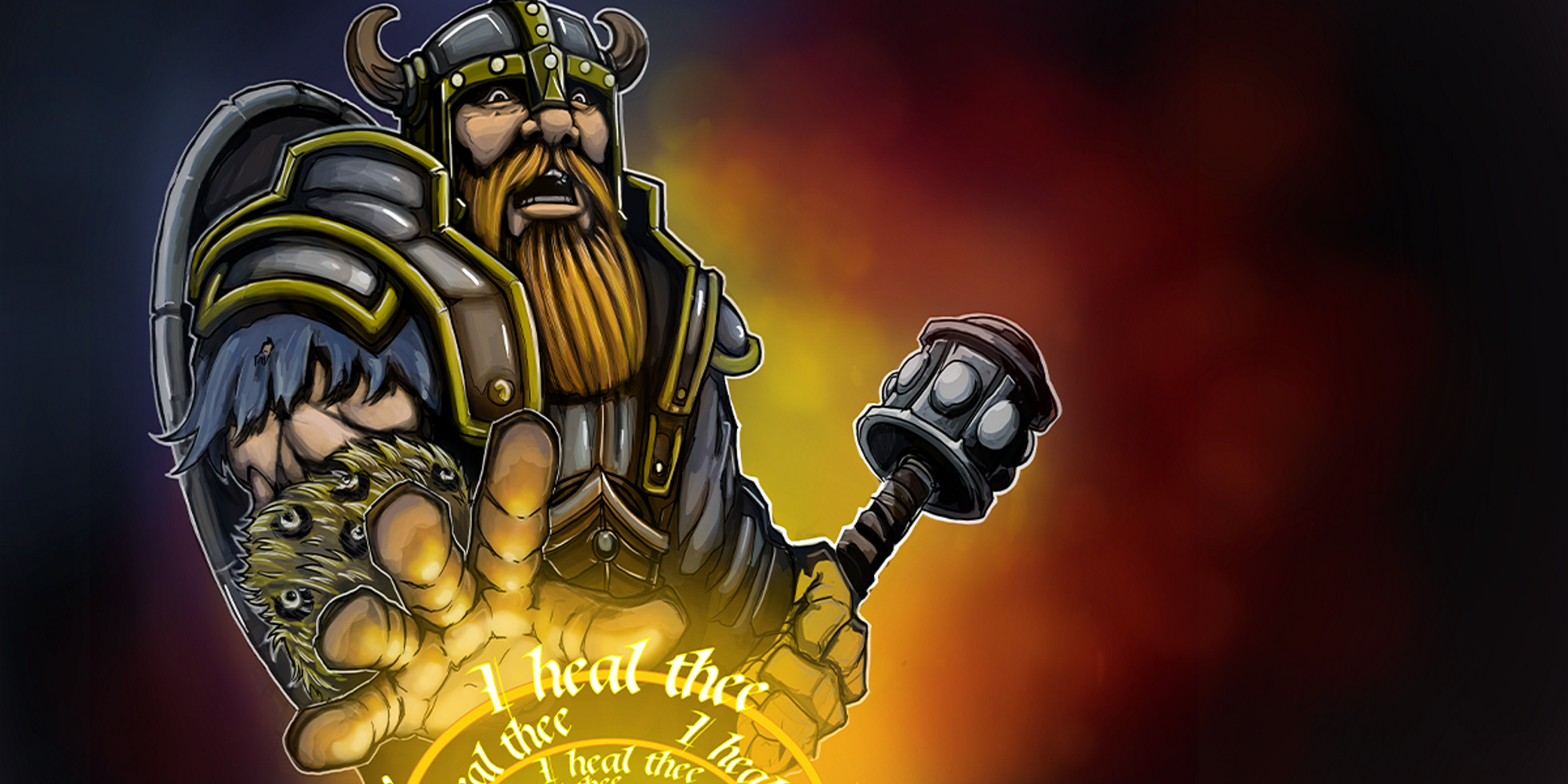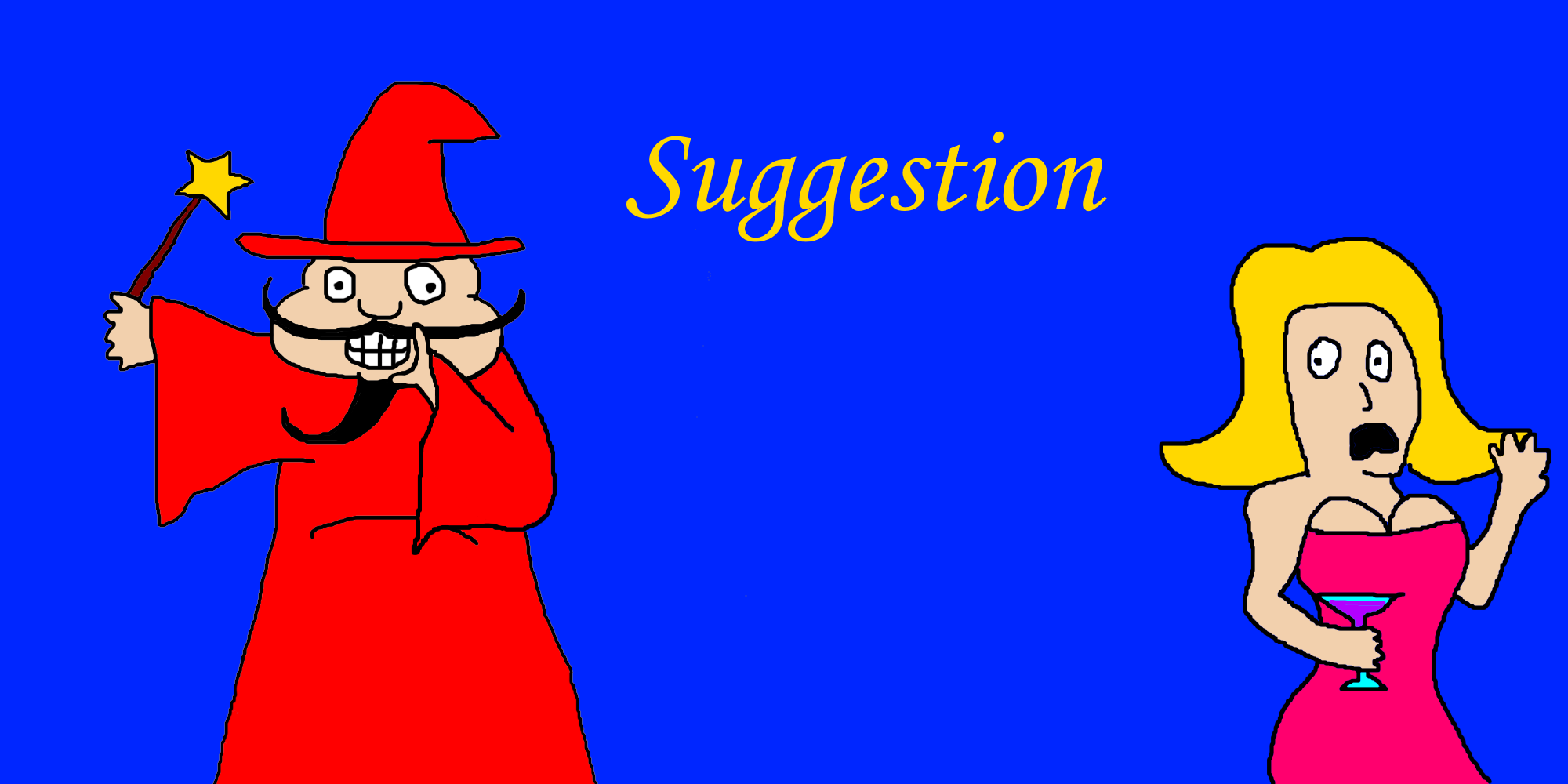By Savannah Joiner
The bard class is versatile, allowing players to choose from a variety of damaging, utility, and healing spells. For this list, we’re going to look at spells available for tier-one play. There are considered five tiers of play in Dungeons & Dragons 5e, and the first-tier ranges from level 1 – 4.
Bards have a more limited learned spell list than other spellcasters, but there are tons of great options available, even at these early levels. Grab your lute and your character sheet, and be sure to pick up these ten trusty spells next time you head out on an adventure. The spells are in no particular order.
1. Vicious Mockery
There are plenty of fantastic cantrips, and this classic stands above them all. Vicious Mockery only does 1d4 damage, but the debuff alone is worth it. You really can’t beat causing psychic damage to your enemies through your sick burns. If roleplay is your favorite part of D&D, this cantrip is essential for giving your character a moment in the spotlight that won’t soon be forgotten. While it is a save-or-suck spell, like many spellcaster’s early options, Vicious Mockery is worth the risk.
2. Dissonant Whispers
Dissonant Whispers offers early-game crowd control and a touch of damage. This spell is a great way to protect your character if grappled, because it only requires a verbal component. If the target succeeds the wisdom save, they still take half damage, which means you can know for sure going into the round that you’ll be making a difference.
3. Faerie Fire
This spell provides the party with area-of-effect advantage against enemies within its range. Invisible enemies are outlined, which makes this a great choice in campaigns with Duergar early on. Faery Fire remains a powerful support spell well into high-level campaigns and is a great option against bulky enemies with high AC. If your party is struggling with poor rolls in a battle, missing strike after strike, Faery Fire is a helpful solution to calm those rising frustrations.
4. Silvery Barbs
Silvery Barbs is a more recent addition to 5e, being released in Strixhaven: A Curriculum of Chaos in December of 2021. This powerful 1st-level spell allows you to use a reaction and give an enemy who succeeded on a roll disadvantage and an ally of your choice (including yourself!) advantage. You can use Silvery Barbs to buff save-or-suck spells or to negate an enemy’s critical hit. Overall, this spell is an asset to any party.
5. Healing Word
Healing word is better than Cure Wounds when on the battlefield because it only has a verbal component instead of requiring your character to be in range to actually touch the target. This spell is your party’s get-out-of-jail free card when someone drops unconscious in combat. The best part is that Healing Word only takes a bonus action, so you still have your action open to use a cantrip or a weapon to attack.
6. Sleep
You’d be doing yourself a disservice if you don’t take the Sleep spell. Effecting only up to 40HP of enemies, this spell quickly falls off as the party levels up, but is extremely powerful at the beginning of a campaign. Sleep makes it easy to sneak past some guards, end a combat early, or provide some much-needed crowd control. One spectacular use is casting Sleep to cause flying enemies to plummet from the sky and take falling damage. The potential for creative uses and its straight up amazing utility makes Sleep a solid choice for early game.
7. Knock
If your party doesn’t have a rogue, you’re practically required to take Knock. Not only does this spell open all sorts of locks, but it suppresses magical locks for ten minutes, as well. And let’s be honest. You’re going to be encountering a lot of locked doors and chests. The two downsides to the Knock spell are that it takes up a second-level spell slot and it creates a loud sound, audible up to 300ft which can alert enemies and guards.
8. Suggestion
Suggestion is a spell perfect for players prone to shenanigans. When worded properly, this spell can be used to deescalate combat or tense situations, humiliate your rivals, or secure your way into a private event. The possibilities are endless. If you enjoy getting into character, this spell has a lot of potential to make your bard shine. Suggestion needs to be used thoughtfully, though, as suggesting an enemy hurt themselves, their allies, or other obviously harmful actions will end the spell.
9. Invisibility
Did we mention shenanigans? Invisibility is another spell that lends itself to a vast array of uses. Whether you want to eavesdrop, get advantage on your enemy, or just sneak into the ladies’ locker room, this spell has you covered. Everything on your person turns invisible with you, and the spell ends if you attack or cast a spell. At higher levels, you can target more people as well, meaning your whole party can get into trouble with you. Let’s hope none of the ladies took Faerie Fire.
10. Tasha’s Hideous Laughter
Tasha’s Hideous Laughter might as well be called “low-level Hold Person.” Though it is a single-target save-or-suck spell, it is useful if you need to keep an enemy out of combat for a while. Another great benefit of Tasha’s Hideous Laughter is that the target is made prone. The image of a barbarian wailing on an enemy giggling like a mad-man is hilarious, and once the spell ends, the target still needs to use half their movement speed to get up.
Bards are a dynamic class with the potential to spice up a game like no other. Even at the earliest levels, there are many useful spells to choose from and it was difficult to narrow this list down to only ten. The unending utility and opportunities for ingenuity provided by these spells can make any bard character a unique and memorable addition to your party.











